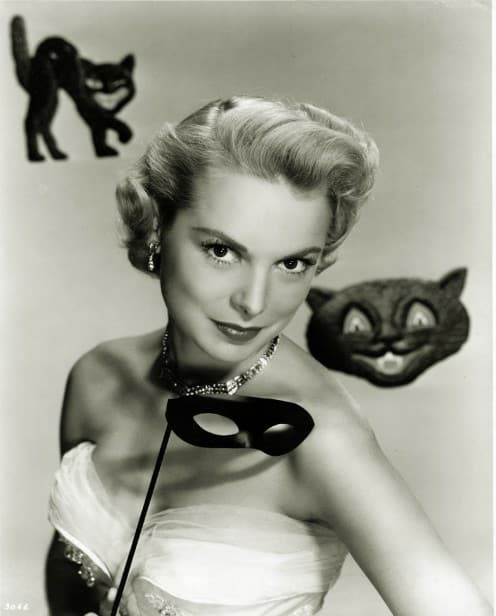Last week I returned to doing my morning pages, a practice I was committed to for years, and then abandoned, at least partially in the desire to get to the "meat" of my day just a little bit faster. Beginning them again has reminded me of the undeniable, if also intangible benefit, of doing them daily. A little introspection at the beginning of the day, before resistance has fully set in, can do wonders. In short, it's like "magic for the subconscious". With all that said, one could understandably be a bit skeptical, thinking "if it was so great, why stop in the first place after being committed to them for so long?" And all I can say to that is that sometimes, when you are feeling healthier and more productive and in the flow, it can be deceptively easy to forget the techniques that got you there, and as you are doing a metaphorical victory dance in the end zone of life, forget what techniques got you there, and dispense with them. I also happen to think that is ok! (No true knowledge without exploration, right?)
But the process does bring a lot of things up, and people. Today my pages had me remembering my third grade Language Arts teacher from Deep Wood Elementary, Mrs. B. I feel weird bringing her up like this in any way publicly, because my feelings around her are largely unresolved and... complicated. So let me say only that these are my experiences, and I'm sure she had many students who benefitted from other sides of her.
When I was growing up in Rochester, Minnesota our school administrators had an iron clad rule. No cursive in the second grade. Absolutely none. We were discouraged from learning anything about it as it would be covered the following year and if we had somehow already learned it and used it in a paper, we would find that paper returned upgraded. My best friend Dale and I found out just how serious they were about this, when, rebellious little assholes that we were, enhanced each letter with little curlycews on the ends, only to receive that paper back to be printed. Hamilton Elementary had a policy of zero tolerance before it was in vogue for more illicit practices.
A life change came the summer following second grade when my parents moved the three of us to a little town in Texas. Imagine my confusion on the first day of the third grade in my new home when we were assigned to write an essay to be written exclusively in cursive, having learned it the year before? Not wanting to admit my ignorance, and seeing a handy chart lining the edges of the walls which gave examples of each letter in cursive, I quietly got down to the business of learning cursive, and even felt pretty proud of myself when I turned the paper in, not realizing I had made a crucial error in judgement. I knew that in cursive each letter was connected, but I also assumed (incorrectly, as I would discover) that every word in a sentence was strung together as well. My paper was returned by Ms. B with an abysmal grade and a note in red ink and driven home by the inclusion of several exclamation points, stating that my handwriting was so cramped that she couldn't even see the spaces between words.
Looking back on it, I understand how that must have looked, but I also can't help but wonder what teacher wouldn't see this as a red flag, or think to look into the background of the student at all? I know my parents turned in some records from my former school, but it doesn't appear that anyone communicated those to my current teachers or even told them that I had transferred from a different state. The lesson that I should have taken from the experience was of course, "say something kid! Explain your situation!" And yet I never did. I spent the third grade attempting to win that teachers approval, even defending her to my parents at times when they expressed a dislike for her after some of their own brief interactions. But no matter my efforts, I never broke through the pinched expression on her face whenever she spoke to me.
Of course there could be more to the story, as I knew nothing of what she was going through in her life, her feelings about being a teacher, or her opinion of boys who were beginning to develop a reputation as a"comedian" in their homeroom. So maybe the only thing to do is have some empathy for her. Certainly she has taught me to be a little more open minded and to remember when I am reacting against a person on instinct, certain of myself and my judgements, that there is more to them than what I can see on the surface, and to hope, when recalling moments I ignored that fact, that others might be able to do the same for me.












